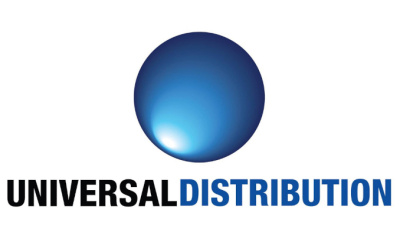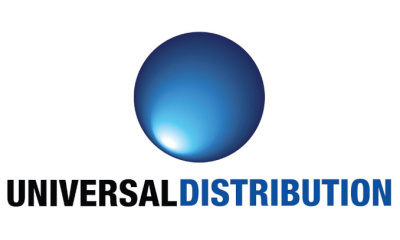Sharpening the Sword is a regular column by retailer John Riley of Grasshopper's Comics, a 1300 square foot comic and game store in
Well, we're at the end of our Business Planning process. It's week four and time to go over Management, Financial Statements and wrap up the whole thing.
The Management section is pretty simple, amounting to little more than brief resumes of key staff, including the Owners, Managers, and any other key personnel (such as might be present in chain stores). Besides including the normal educational and related work background of key personnel, it's important to list responsibilities of each position. If you're going for financing banks want to know who the key people are and that you have an experienced and stable management team.
Although it's not a necessary part of the Business Plan, being able to include an Employee Handbook that clearly delineates the different positions and responsibilities within your staff is not only a great addition but a great tool for any store. Similarly, a Manager or Staff Training Guide is something that is well worth investing some time in. All these things added as an appendix demonstrate to potential lenders that you're a professional running a professional business. Of course, these are great processes for you to go through regardless.
Which brings us to Financials. Generally speaking any lender will be looking for three years worth of historical financial statements and two years worth of projected statements, including Profit and Loss statements, Balance Sheets, and Tax Returns. Depending on the lender you may be able to get by with Tax Returns and projected P&L's. The important thing to gain from your financials is to see trends.
For example, it's easy to perform a quarterly review of your financial performance simply by filling out your sales tax (which at least here in
Combine this information for a few years and you can literally see your product mix changing over time. You can then use this information as both a barometer for your store's health and also to test the results of the programs that you put into place.
Unfortunately in our industry most of us aren't versed in financial statements. For those who plan on attending GAMA this year I can't recommend highly enough the Bottom Line Seminar hosted by Dave Wallace. Dave does an amazing job at boiling down the financial profiles of our stores into terms of profit and loss that everyone can clearly understand. You'll understand how to look at financial statements, and importantly how discounting affects your bottom line.
If you'd like additional resources to assist you with your Business Plan I would encourage you to contact your local Small Business Development Center (SBDC), which is an offshoot of the SBA. I was a Counselor with the SBDC at one point and can tell you personally that they will be more than happy to work with you on an extended basis to complete your Business Plan. And best of all, their services are completely free. While these services are also available through SCORE (Service Corps of Retired Executives) from experience I can tell you that they don't have the type of experience that translates to our field. According to some recent materials from GAMA I received, GAMA is currently working on establishing a
I hope these articles on Business Planning were helpful to retailers at large. I know on my end, going through the process again has been invaluable providing us with a plan for 2006 that is already off to a great start. I hope it's off to a great start for you as well.







